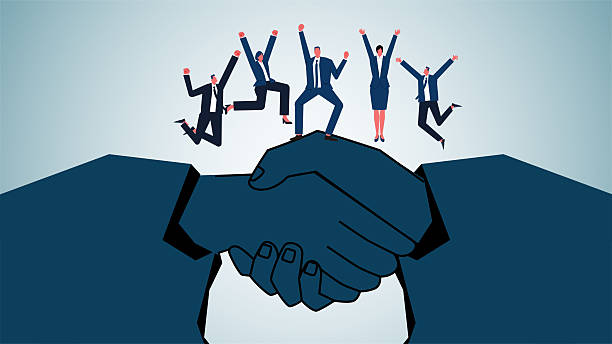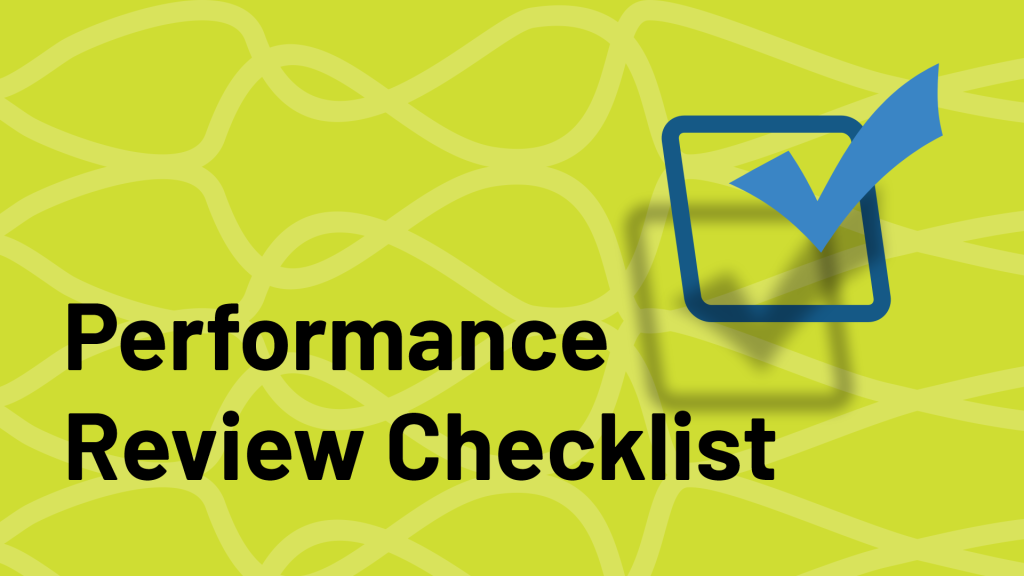04 March 2024
Combating Hiring Bias: How to Level the Scale in Hiring Practices

Have you ever walked out of a job interview with that sinking feeling in your stomach, telling you something wasn’t quite right? Maybe they weren’t giving your experience a fair shake? Well, you’re definitely not alone. We recently ran a survey on LinkedIn, and out of 571 responses, a worrying picture emerged. A staggering 65% of people pointed to age bias as the biggest hurdle they face when searching for jobs. On top of that, 15% reported facing both ethnic and gender bias, with 5% encountering religious bias too. These numbers don’t just represent dry statistics. They represent real people, qualified and capable, who are struggling to get the recognition they deserve because of factors beyond their control, all summed up in what is called hiring bias. But here’s the thing: we don’t want to dwell on the negative. Instead, we want to empower you, as a job seeker or a company looking to hire, with the tools to create a fairer workplace. Let’s talk about the steps we all can take to fight these biases and create a more inclusive hiring process.
Beyond Ageism: Addressing Bias in the Hiring Process
While the sheer volume of responses highlighting age bias is undeniable, it’s crucial not to let it overshadow other forms of prejudice that exist in the hiring landscape. Whether it’s facing assumptions about your skills based on your ethnicity, encountering interview questions that delve into irrelevant personal details, or even having your resume overlooked because of your name, these biases, no matter how subtle, can create significant roadblocks for talented individuals.
But acknowledging the problem is just the first step. We need to move beyond awareness and actively work towards creating a hiring process built on true equity. Here are some essential strategies to do just that:
Implement Unconscious Bias Training
Imagine yourself interviewing someone for a crucial role. You’ve reviewed their resume, and they seem perfect on paper. But then, a subconscious thought creeps in. Maybe it’s their age, their name, or something else entirely. Unconscious bias can trip up even the best of us, and that’s where learning and development initiatives designed to combat bias come in. Reports indicate that 78% of companies that implemented unconscious bias training reported positive changes in inclusive behavior and decision-making. Equipping ourselves with the tools to recognize and challenge these biases is key to ensuring all candidates get a fair shot.
Embrace a Standardized Interview Process
Have you ever been in a job interview where the questions felt random and irrelevant? Standardized interview processes help eliminate that feeling, not just for the candidate, but for the interviewer too. With pre-defined questions that focus on the job requirements, everyone walks into the interview on the same level playing field, allowing for a fair and objective comparison of skills and qualifications.
Foster a Culture of Diversity and Inclusion
Imagine working in a place where everyone feels valued and respected, regardless of their background. That’s the power of a diverse and inclusive work environment. Companies can create this environment by establishing clear anti-discrimination policies, fostering employee resource groups that provide support and community, and celebrating the unique talents and perspectives of every individual.
Prioritize Skill-Based Hiring
Let’s face it, experience and skills are what truly matter when it comes to doing a great job. Prioritizing skills-based hiring means looking beyond someone’s age, ethnicity, gender, or any other irrelevant factor. Instead, the focus shifts to their accomplishments, proven track record, and ability to excel in the role. This approach ensures the best person gets the job, regardless of any unconscious biases.
Utilize Blind Resume Review
Have you ever wondered if your resume might be getting overlooked based on something completely unrelated to your qualifications? A blind resume review helps combat this. By anonymizing resumes during the initial screening process, companies can ensure a fair assessment that focuses solely on the skills and experience listed, giving everyone a chance to shine based on their merit.
Final Thoughts…
The fight against hiring bias isn’t about numbers or policies alone; it’s about each one of us taking a stand. If you’ve experienced bias in your job search or hiring process, don’t let it silence you. Speak up, report it, and know your rights. Companies have a responsibility too; it’s time to move beyond good intentions and implement real change. The strategies we’ve talked about are a starting point, and it’s up to businesses to own their role in creating a fairer future. Imagine a workplace where everyone feels valued, respected, and given a genuine chance to succeed. By working together, that’s the world we can build.
As a trusted partner dedicated to helping you make the best hiring decisions, Proten International offers specialized training programs to support you in your quest to overcome hiring bias. Reach out to us today and let us help you build a future where bias no longer hinders opportunities.
Join 2000+ Subscribers
Subscribe to Our newsletter to stay informed

UK: 5, Seacourt road, London. SE2 9UW
NIGERIA: 11a, Mojidi Street, off Toyin Street, Ikeja, Lagos.
GHANA: F393/4 Otwse street, Osu, Accra, Ghana
(+234) 901 278 1155
info@protenintl.com
Our Services
Latest Tweets
Lorem ipsum dolor sit amet, consectetur adipiscing elit. Donec nec metus libero. Aliquam non mauris.
Copyright © 2024 Proten. All Rights Reserved
Terms Of Service
Privacy
Cookies










